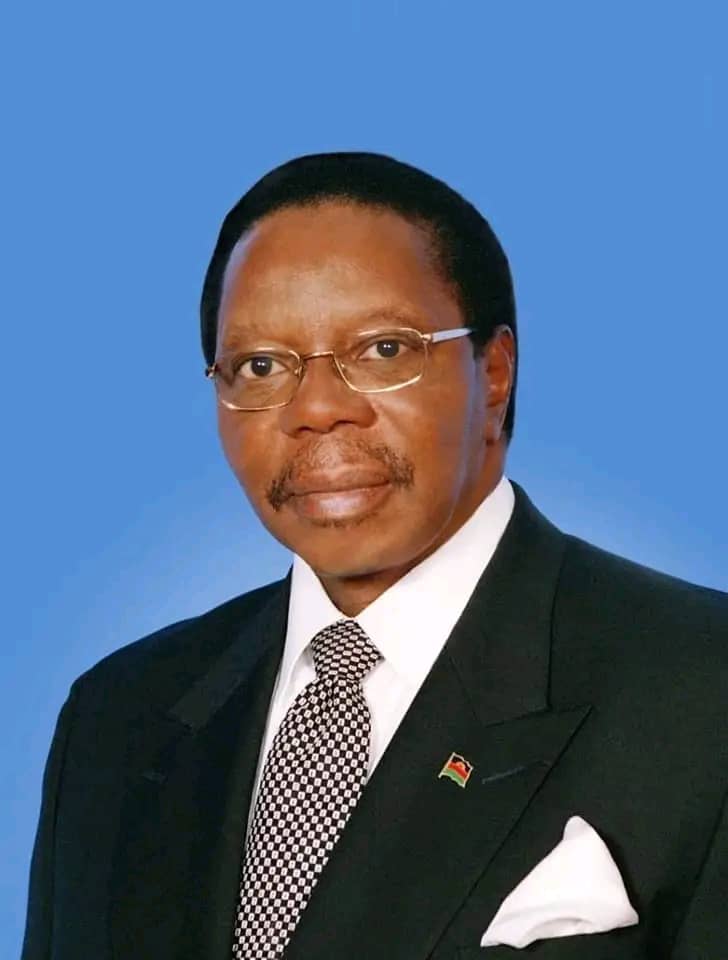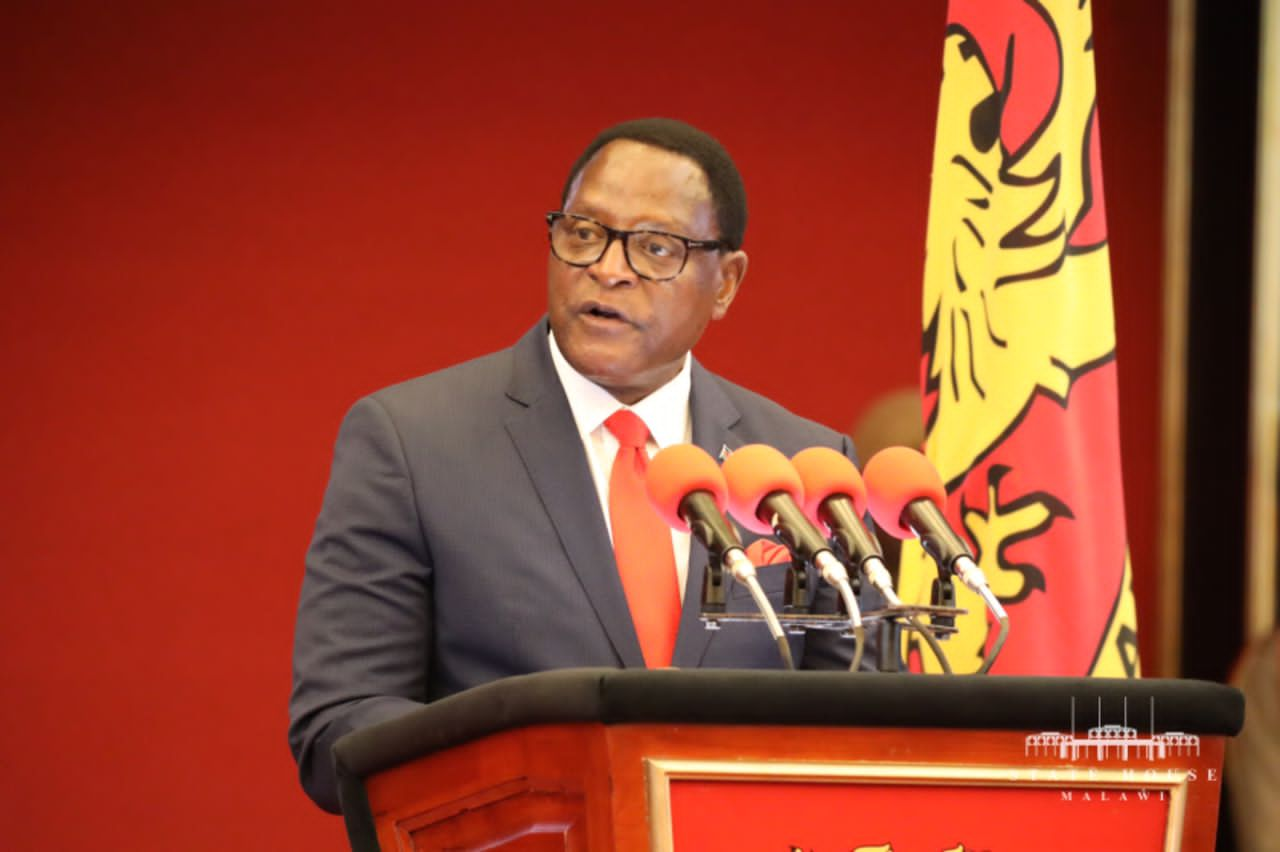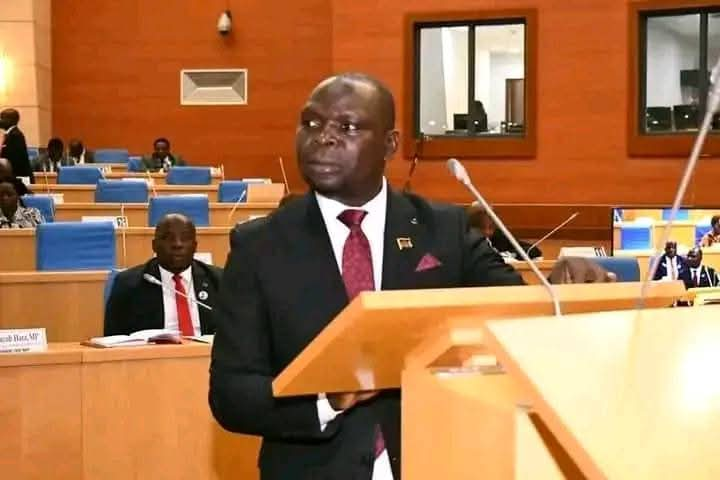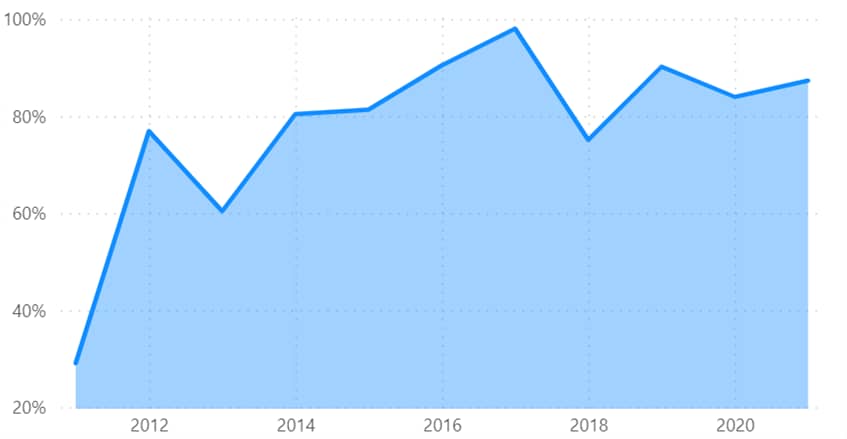By Burnett Munthali
In 2009, Bingu wa Mutharika and the Democratic Progressive Party (DPP) cemented their place in Malawi’s political history with an overwhelming landslide victory that stunned their opposition. Riding on a wave of economic reforms and infrastructural development, Mutharika garnered massive support, particularly from rural areas where his policies resonated most. His victory was not just a personal triumph, but a mandate for the DPP to shape the future of Malawi.
Fast forward to today, as we edge closer to the 2025 general elections, the political terrain is rife with speculation. Could the opposition stage another landslide like Bingu’s DPP did over a decade ago? The possibility looms large, as public discontent grows over the current administration’s handling of the economy and governance. A united opposition, similar to the Tonse Alliance in 2020, could very well repeat this historic feat.
However, the DPP remains a formidable force. If it runs alone in the 2025 elections, it still stands a chance to win outright. The party has a solid base and, with the right leadership and strategy, could rally Malawians behind it once again. That said, the dynamics of political alliances cannot be ignored. There’s mounting speculation that DPP, the Alliance for Democracy (AFORD), and the United Transformation Movement (UTM) could join forces to create a powerful electoral front. Such a coalition would be in line with what many Malawians are hoping for—an alternative government strong enough to bring change.
As 2025 draws near, Malawians are watching closely to see whether opposition parties will unite or face the ruling party individually. The electorate’s hunger for change is palpable, and should the opposition come together, a Bingu-style landslide victory could be within reach. The future of the nation may depend on whether political players choose cooperation or fragmentation.
Looking back at Bingu wa Mutharika’s DPP landslide in 2009 reminds us of the power of a strong electoral mandate. As the 2025 elections approach, the DPP could still emerge victorious on its own if opposition parties fail to unite. However, there is a growing possibility that DPP, AFORD, and UTM could form a coalition, which many Malawians are calling for. Whether the opposition repeats history and pulls off another landslide victory will depend on their ability to unite and offer a viable alternative.
Burnett Munthali is a political analyst, known for his insightful commentary on Malawian politics and current events. He frequently writes on topics such as political alliances, electoral strategies, governance, and economic challenges in Malawi. Munthali’s analyses often focus on the intricacies of local political dynamics, providing readers with in-depth perspectives on key issues shaping the nation. His work also includes critiques of government policies and predictions about future political developments.




